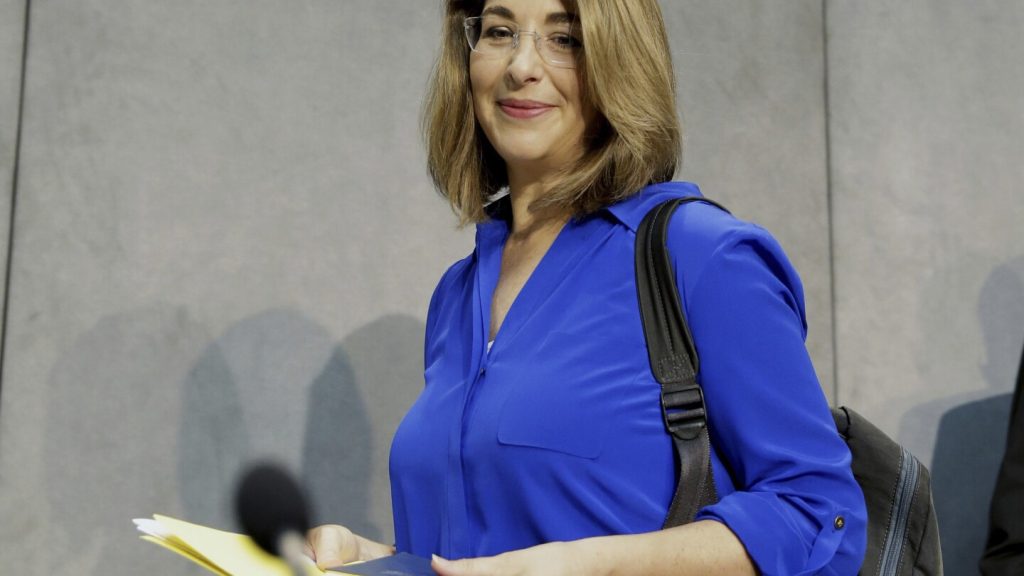The Women’s Prize for Nonfiction has announced their inaugural shortlist, which includes six books by female English-language writers from various countries and genres. The aim of the prize is to address the gender imbalance in nonfiction publishing, where men tend to buy more nonfiction books and win more prizes. Among the finalists are books that delve into the impact of the internet and artificial intelligence, such as Naomi Klein’s “Doppleganger” and Madhumita Murgia’s “Code-Dependent: Living in the Shadow of AI.” The prize also includes autobiographical works like Safiya Sinclair’s “How to Say Babylon: A Jamaican Memoir” and Laura Cumming’s “Thunderclap: A Memoir of Art and Life and Sudden Death.”
The judging panel, chaired by British historian Suzannah Lipscomb, believes that the books on the shortlist offer readers a unique perspective on various aspects of the world, including art, history, landscape, politics, religion, and technology. The panel is confident that these books will change the way readers view the world after reading them. The winners of both the nonfiction and fiction prizes will be announced at a ceremony in London on June 13, where the authors of the winning books will be recognized for their work in addressing the gender disparity in the book world.
The creation of the Women’s Prize for Nonfiction was in response to the gender gap in the book industry, where men tend to dominate in terms of nonfiction book purchases and award-winning nonfiction books. Studies have shown that while women buy more books overall, men make up a larger portion of nonfiction book purchasers. In addition, male writers have historically dominated established nonfiction awards, leaving little room for female voices to be recognized and celebrated. The prize aims to give female writers a platform to showcase their work and contribute to a more balanced representation of voices in the nonfiction genre.
One of the finalists, Noreen Masud’s “A Flat Place,” offers readers a travelogue-memoir that explores the intersection of personal experiences and the places visited by the author. Harvard history professor Tiya Miles’ “All That She Carried” provides a historical account of American enslavement through the lens of one Black family’s keepsake. These books, along with the others on the shortlist, showcase the diverse range of topics and perspectives that female nonfiction writers bring to the literary world. By highlighting these voices, the Women’s Prize for Nonfiction hopes to inspire more women to share their stories and contribute to the ongoing dialogue in the nonfiction genre.
The influence of the internet and artificial intelligence is a significant theme among the shortlisted books, reflecting the current technological advancements that have shaped our society. Through books like “Doppleganger” and “Code-Dependent: Living in the Shadow of AI,” readers are encouraged to examine the impact of these technologies on various aspects of life, from online misinformation to the complexities of living in a world driven by AI. These books provide valuable insights into the challenges and opportunities brought about by technology, offering readers a deeper understanding of the digital age and its implications for society. The Women’s Prize for Nonfiction aims to elevate these important conversations and celebrate the contributions of female writers in exploring these critical issues.


